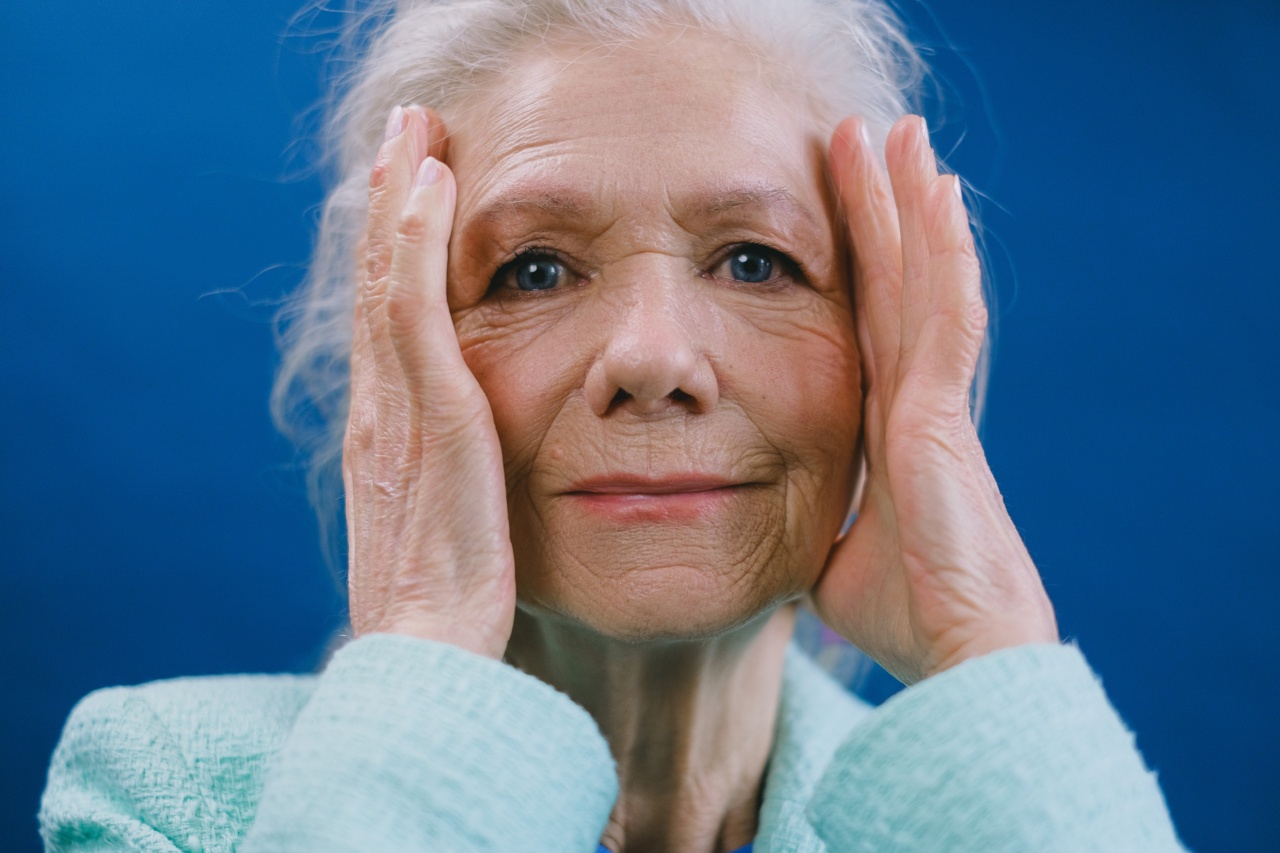Stress and pressure are common in the lives of the elderly. As they age, their bodies become more susceptible to illnesses and diseases, and their mental health may also decline due to changes in their social environment.
However, recent studies have shown that resistance to stress and pressure may lead to lower hospitalization rates among the elderly.
Stress and Pressure in the Elderly
As people age, they face more stress and pressure in their daily lives. They may have health issues that require regular monitoring and medication, and they may feel isolated from their social support networks.
Additionally, many elderly people live on fixed incomes, which can cause financial stress.
Chronic stress can have negative effects on the body. For example, stress can damage the cardiovascular system and lead to high blood pressure and heart disease. Stress can also weaken the immune system, making the body more susceptible to infections.
Mental health can also be impacted, as stress can lead to anxiety and depression.
The Link Between Resistance to Stress and Pressure and Lower Hospitalization Rates
A recent study conducted by researchers at the University of California found that elderly people who are able to resist stress and pressure may have lower hospitalization rates.
The study followed over 2000 elderly patients for three years and found that those who had higher stress resilience scores had a 15% lower hospitalization rate than those with lower stress resilience scores.
The study defined stress resilience as the ability to cope with stress, adapt to change, and maintain a positive outlook.
The researchers found that stress resilience was associated with lower rates of hospitalization for chronic conditions such as heart disease, diabetes, and arthritis. They also found that stress resilience was associated with lower rates of hospitalization for acute conditions such as infections and injuries.
Ways to Build Stress Resilience in the Elderly
Building stress resilience can be challenging, but there are several strategies that can help.
Exercise
Exercise has been shown to have numerous benefits for both physical and mental health. Regular exercise can help reduce stress, anxiety, and depression. Additionally, exercise can help strengthen the cardiovascular system and improve overall health.
Meditation
Meditation is a practice that involves calming the mind and focusing on the present moment. It has been shown to reduce stress and anxiety, improve sleep quality, and improve overall wellbeing.
Social Support
Social support is an important factor in building stress resilience. Having a strong social support network can help elderly people feel connected and supported, which can reduce stress and improve mental health.
Healthy Diet
A healthy diet is essential for maintaining physical and mental health. Eating a balanced diet that is rich in nutrients can help support the immune system and reduce the risk of chronic diseases.
Positive Thinking
Maintaining a positive outlook can be challenging, but it can have significant benefits for mental health. Focusing on the positive aspects of life can help reduce stress and promote overall wellbeing.
Conclusion
The elderly face many challenges in their daily lives, including stress and pressure. However, recent studies have shown that resistance to stress and pressure may lead to lower hospitalization rates among the elderly.
Building stress resilience through strategies such as exercise, meditation, social support, healthy diet, and positive thinking can help promote overall wellbeing and reduce the risk of hospitalization.





























